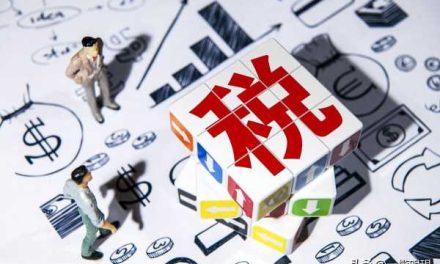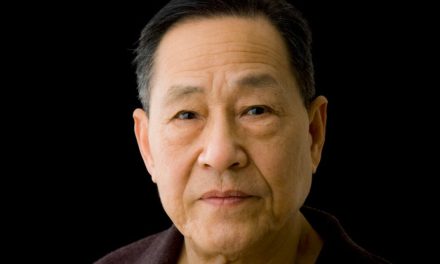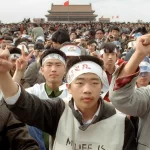The Chinese People May No Longer Be Fooled by “Freedom in Exchange for Prosperity” write Yan Yu and Jianli Yang.
By: Jianli Yang & Yan Yu – Oct 30, 2023
The sudden premature death of China’s former premier Li Keqiang has sparked widespread speculation about a brutal power struggle within the upper echelons of the Chinese Communist Party (CCP) that may have led to his demise. Simultaneously, people are expressing their dissatisfaction with the paramount leader Xi Jinping by fondly remembering the former premier who was not always in alignment with Xi Jinping’s policies. In fact, during Li Keqiang’s ten-year tenure as the second-in-command under Xi Jinping, China witnessed significant setbacks in politics, economics, and human rights. His legacy is unremarkable. People’s nostalgia for him is primarily focused on a blunt statement he made in 2020–when Xi Jinping was touting his “poverty alleviation” achievements, “China still has six hundred million people with a monthly income of less than 1,000 yuan ($150).” This reveals the general mentality of the people. Indeed, with China’s glorious era of rapid economic growth being over for the foreseeable future, (relatively low growth, sometimes even punctuated by political interference, will be the norm), people may no longer buy into “freedom in exchange for prosperity”.
This mentality has significant implications for China. The 1989 Tiananmen Square massacre almost completely eroded the legitimacy of the Chinese Communist Party’s (CCP’s) rule. However, the CCP managed not only to stabilize its position, but even to strengthen it, by relying on three main pillars. The first pillar is a consistent practice of repressive rule, while the other two are the most important sources of the CCP’s political legitimacy in the post-Tiananmen era: rapid economic development (performance-induced legitimacy) and nationalism. Of these, rapid economic development played the most crucial role, as the argument for nationalism also relied heavily on a thriving economy.
The legitimacy derived from rapid economic growth can be viewed from another perspective: under the widespread fear and political cynicism resulting from the Tiananmen Square massacre, a tacit bargain was struck between the Chinese people (especially the elite) and the CCP regime: freedom in exchange for prosperity. Until recently, despite constant challenges, this agreement was largely honored as long as China’s economy was on an upward trajectory… [Continue Reading]
Source: https://eupoliticalreport.com/a-challenge-to-xi-jinpings-future/




















